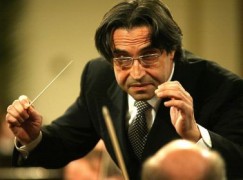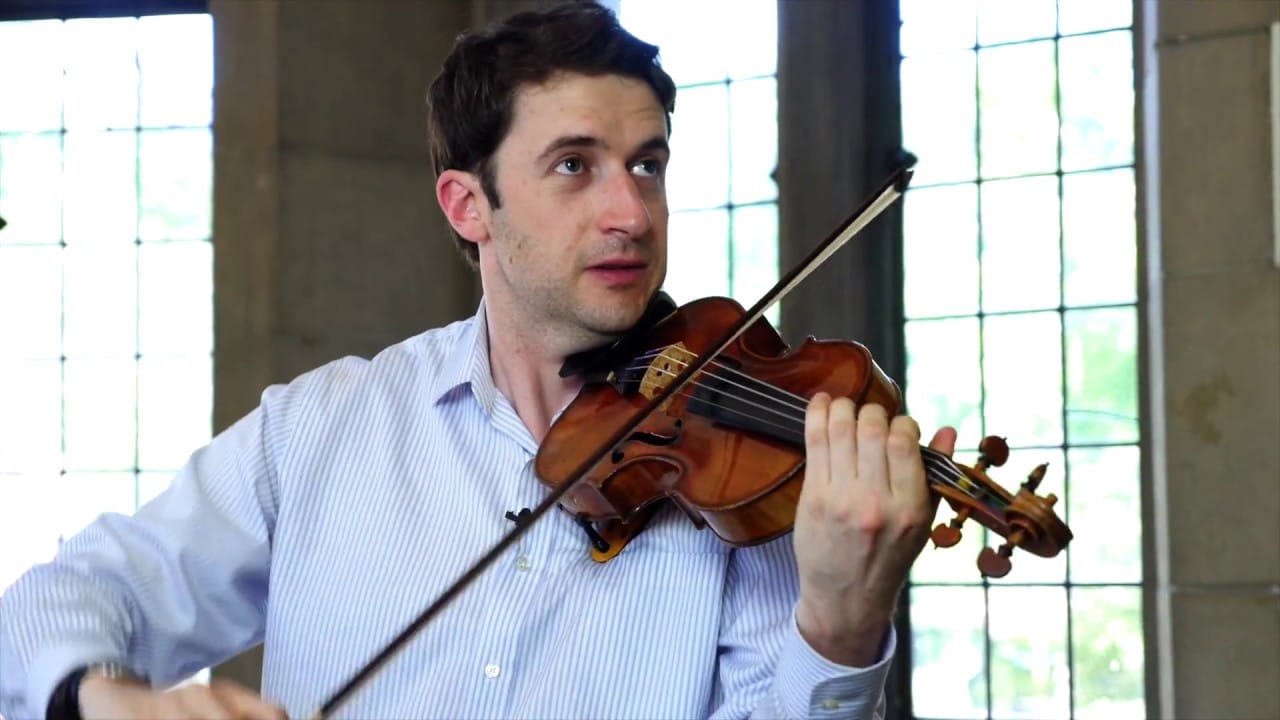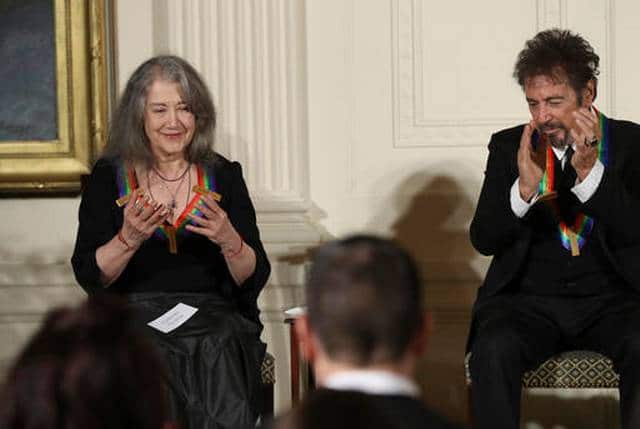Bleak news: Rome Opera faces liquidation
mainCorriere reports: ‘At this point, there is no other way that the closure of the theater, ‘ says the superintendent of the Rome Opera, Carlo Fuortes. ‘Next Tuesday, the agenda of the Board of Directors is the forced liquidation of the theatre.’
The music director is Riccardo Muti. He has a weekend to save his company.
Read Corriere here.






Comments